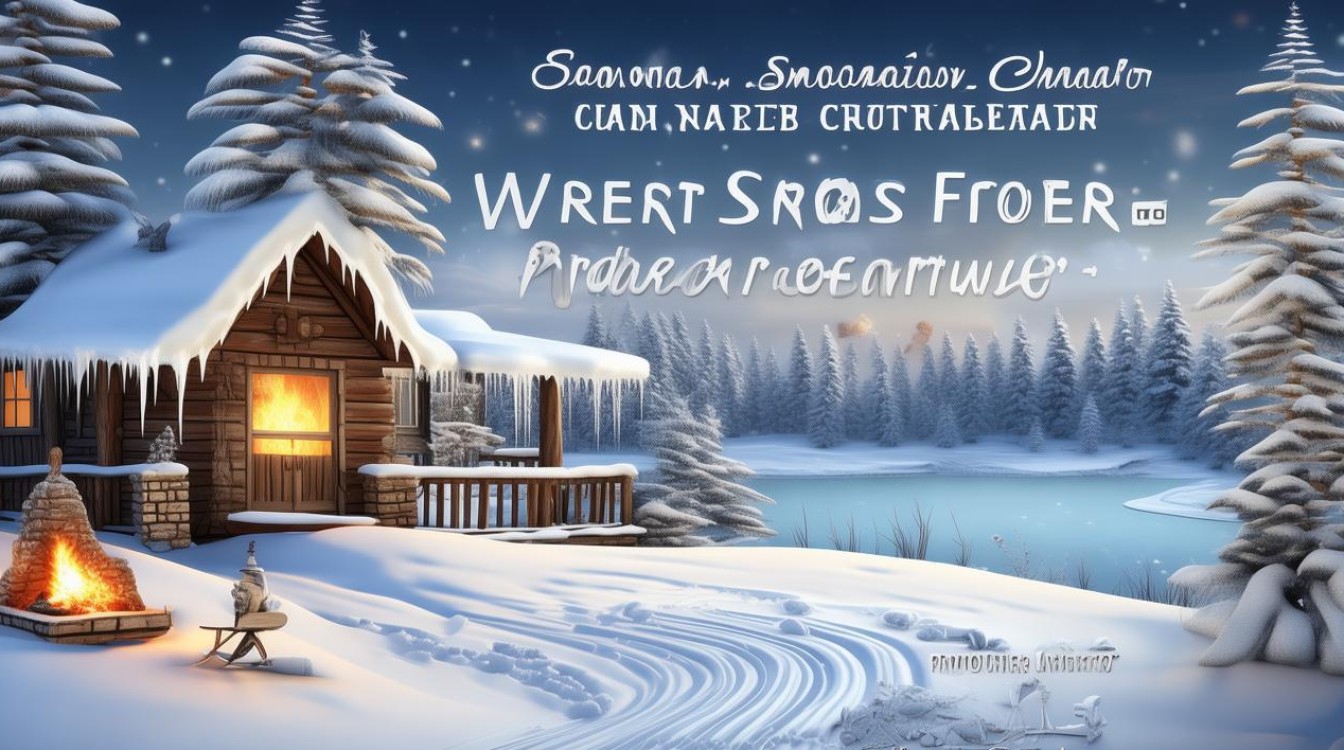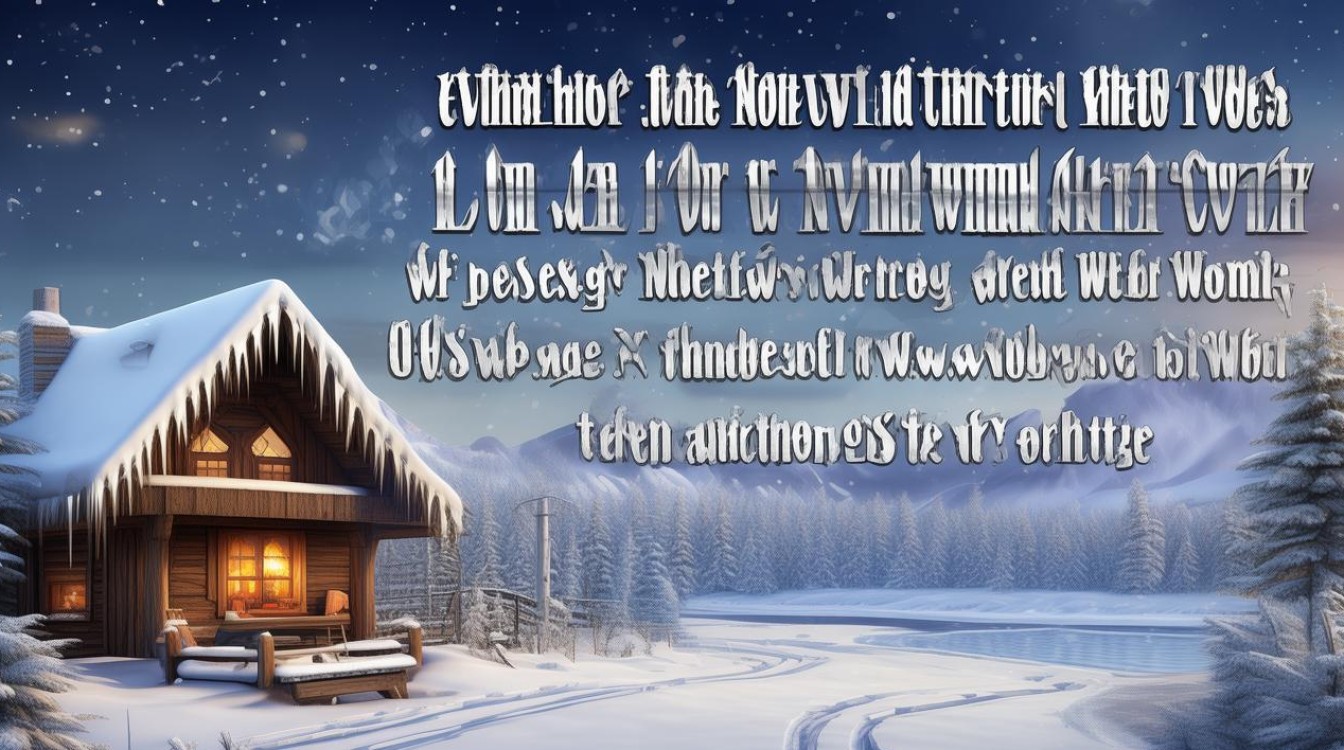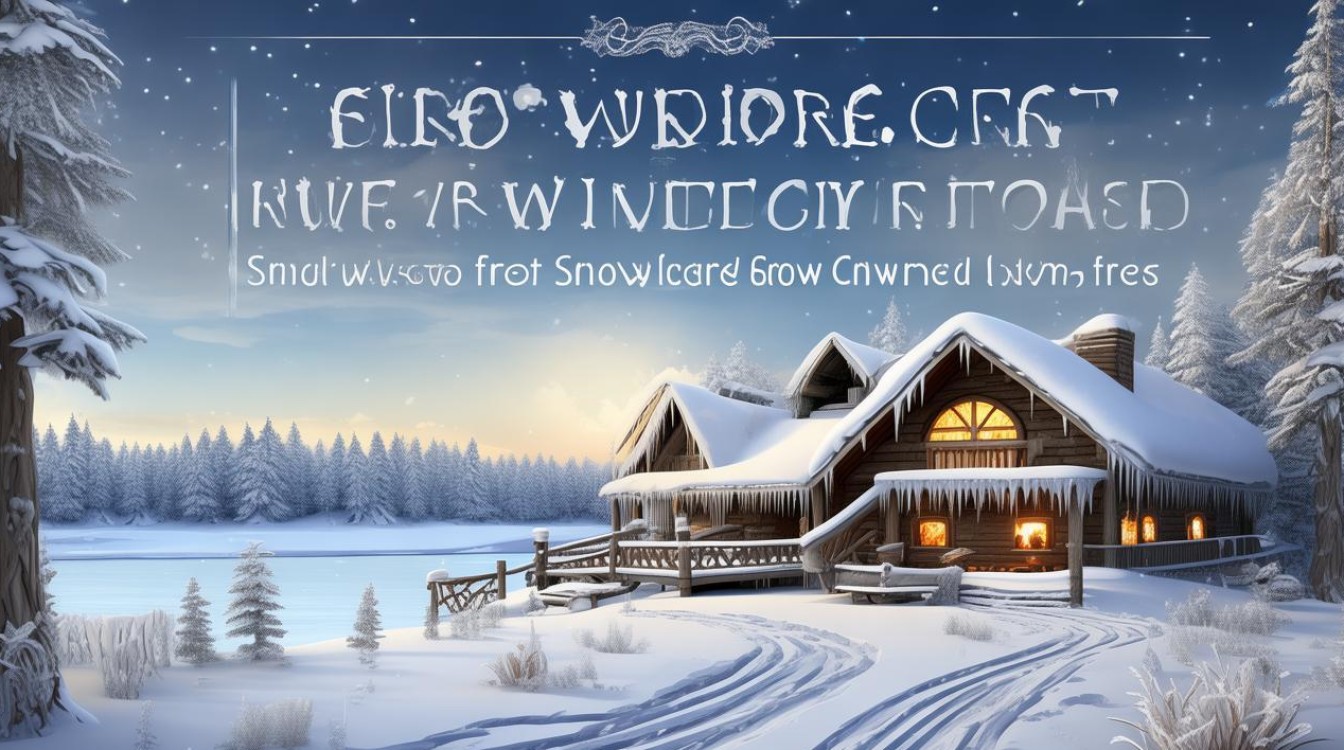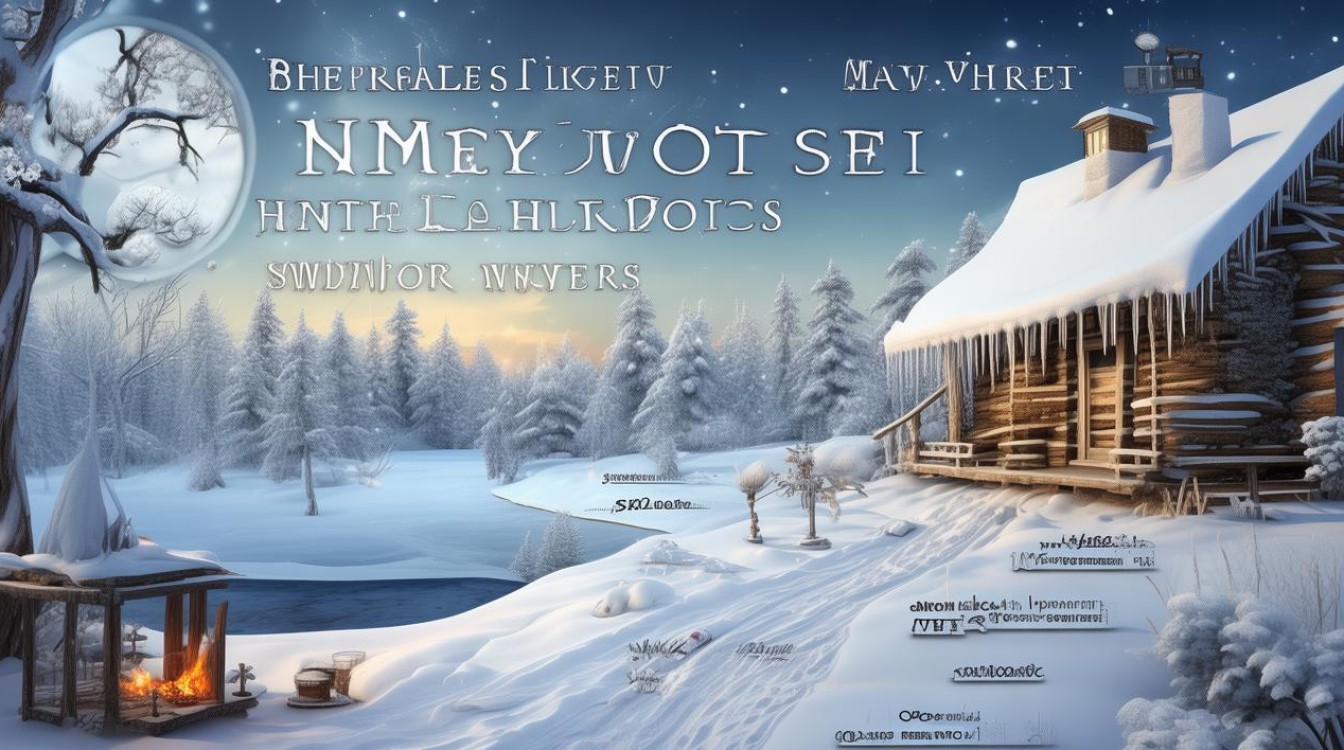Winter brings a unique charm, and with it comes a rich vocabulary to describe the season’s beauty, weather, and activities. Whether you're learning English or simply curious about seasonal terms, this guide covers essential words and phrases related to winter.

Weather and Natural Phenomena
- Snow – Frozen precipitation in the form of soft, white flakes.
- Blizzard – A severe snowstorm with strong winds.
- Frost – A thin layer of ice that forms on surfaces when temperatures drop below freezing.
- Sleet – A mix of rain and snow, often creating slippery conditions.
- Hail – Small, hard balls of ice that fall during storms.
- Freezing rain – Rain that turns to ice upon contact with cold surfaces.
- Black ice – A thin, nearly invisible layer of ice on roads, making them hazardous.
- Slush – Partially melted snow, often seen on sidewalks and streets.
- Icicle – A hanging spike of ice formed by dripping water freezing.
- Avalanche – A sudden, massive flow of snow down a mountain.
Clothing and Accessories
Staying warm is essential in winter, and English has specific words for winter gear:
- Coat – A heavy outer garment for warmth.
- Parka – A long, insulated jacket, often with a fur-lined hood.
- Scarf – A long piece of fabric wrapped around the neck for warmth.
- Gloves – Hand coverings with separate fingers.
- Mittens – Hand coverings where fingers are enclosed together, providing extra warmth.
- Beanie – A close-fitting knitted cap.
- Thermals – Thermal underwear designed to retain body heat.
- Snow boots – Waterproof boots for walking in snow.
- Earmuffs – Warm coverings worn over the ears.
- Fleece – A soft, warm fabric often used in winter clothing.
Winter Activities and Sports
Winter offers fun outdoor and indoor activities, each with its own terminology:
- Skiing – Gliding over snow on skis, either downhill or cross-country.
- Snowboarding – Riding a single board down snowy slopes.
- Ice skating – Gliding on ice using metal-bladed skates.
- Sledding – Sliding downhill on a sled or toboggan.
- Snowball fight – A playful battle where people throw snow at each other.
- Ice fishing – Fishing through holes cut in frozen lakes.
- Snowshoeing – Walking on deep snow using special footwear.
- Curling – A sport where players slide stones on ice toward a target.
- Hockey – A fast-paced team sport played on ice.
- Winter hiking – Trekking through snowy landscapes.
Holidays and Celebrations
Winter is a season of festivities, and English has many words tied to celebrations:

- Christmas – A Christian holiday celebrating the birth of Jesus, marked by decorations and gift-giving.
- Hanukkah – A Jewish festival of lights.
- New Year’s Eve – The night before the new year, often celebrated with parties.
- Winter solstice – The shortest day and longest night of the year.
- Kwanzaa – A cultural holiday celebrating African heritage.
- Fireplace – A traditional gathering spot for warmth during holidays.
- Mistletoe – A plant hung during Christmas, under which people kiss.
- Eggnog – A creamy, spiced holiday drink.
- Gingerbread – Spiced cookies or houses made for festive decorations.
- Caroling – Singing Christmas songs door-to-door.
Descriptive Words for Winter Scenes
To paint a vivid picture of winter, these adjectives and phrases are useful:
- Brisk – Cold and refreshing.
- Frigid – Extremely cold.
- Chilly – Unpleasantly cold.
- Crisp – Cold but invigorating.
- Glistening – Shining, often describing snow or ice.
- Serene – Peaceful, like a quiet winter morning.
- Blanketed – Covered, as in "snow-blanketed hills."
- Whispering wind – A gentle, cold breeze.
- Hibernal – Relating to winter.
- Nippy – A bit cold but not freezing.
Winter Idioms and Expressions
English has colorful phrases related to winter:
- "Cold as ice" – Extremely unfriendly or unemotional.
- "Snowed under" – Overwhelmed with work.
- "Break the ice" – To start a conversation in a social setting.
- "Winter blues" – Feeling down during colder months.
- "On thin ice" – In a risky situation.
- "A snowball’s chance" – Very unlikely.
- "Bundle up" – Dress warmly.
- "Freeze someone out" – Ignore or exclude someone.
- "Let it snow" – A cheerful expression welcoming snowfall.
- "Winter wonderland" – A beautiful snowy scene.
Winter Foods and Drinks
Comfort foods and warm beverages define winter cuisine:

- Hot chocolate – A warm, sweet drink made with cocoa.
- Mulled wine – Spiced, heated wine.
- Soup – A common winter dish for warmth.
- Stew – A hearty, slow-cooked meal.
- Roast – Oven-cooked meat, often served in winter.
- Pumpkin spice – A popular seasonal flavor.
- Peppermint – A refreshing winter flavor.
- Cider – Warm apple cider, often spiced.
- Fondue – Melted cheese or chocolate for dipping.
- Pie – Warm desserts like apple or pecan pie.
Animals and Nature in Winter
Some animals adapt to winter in fascinating ways:
- Hibernation – A deep sleep some animals enter to survive winter.
- Migration – Birds flying to warmer regions.
- Polar bear – A bear adapted to icy climates.
- Penguin – A flightless bird living in cold regions.
- Reindeer – Deer associated with winter folklore.
- Snowy owl – A white owl thriving in winter.
- Arctic fox – A fox with a white winter coat.
- Seal – Marine mammals often seen on ice.
- Walrus – Large Arctic mammals with tusks.
- Moose – Large deer found in snowy forests.
Travel and Safety Terms
Winter travel requires extra caution, so these words are helpful:
- Snowplow – A vehicle that clears snow from roads.
- Salt truck – Spreads salt to melt ice on streets.
- Snow chains – Tire chains for better traction.
- Windshield scraper – A tool to remove ice from car windows.
- Hypothermia – Dangerously low body temperature.
- Frostbite – Skin damage from extreme cold.
- Emergency kit – Supplies for winter car breakdowns.
- Insulation – Materials to keep homes warm.
- Thermostat – A device controlling indoor temperature.
- Firewood – Wood burned for heating.
Poetic and Literary Winter Words
For writers and poets, these words evoke winter’s essence:

- Hoarfrost – Delicate ice crystals on surfaces.
- Glacial – Extremely cold or slow-moving.
- Wintry – Relating to winter.
- Crystalline – Clear and icy.
- Silent night – A peaceful winter evening.
- Evergreen – Trees that stay green all winter.
- Solitude – The quiet loneliness of winter.
- Twilight snow – Snowfall during dusk.
- Frost-kissed – Lightly touched by frost.
- Pristine – Fresh, untouched snow.
Winter is more than just a season—it’s a world of unique experiences, traditions, and language. Whether you're describing a snowy landscape, preparing for winter sports, or enjoying seasonal treats, these words help capture the magic of the coldest time of year.

